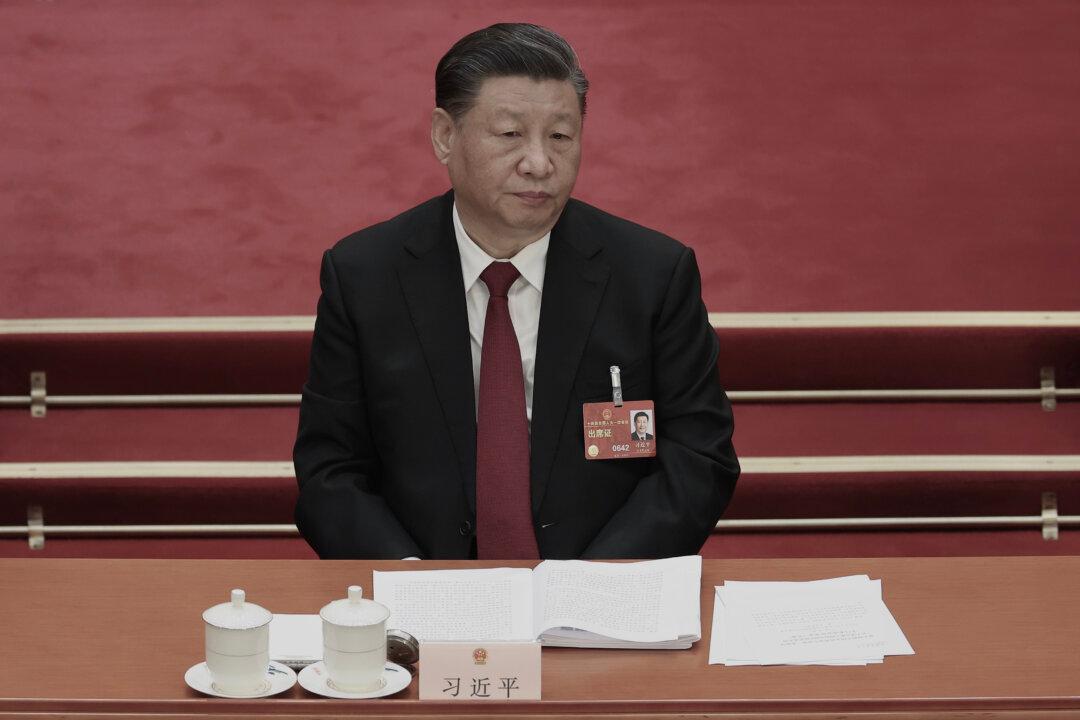Former Director of the National Counterintelligence and Security Center (NCSC) William Evanina called China “an existential threat” at a hearing on March 9 of the House Homeland Security Subcommittee on Counterterrorism, Law Enforcement, and Intelligence.
“It’s the most complex, pernicious, aggressive, strategic threat our nation has ever faced,” Evanina said.




